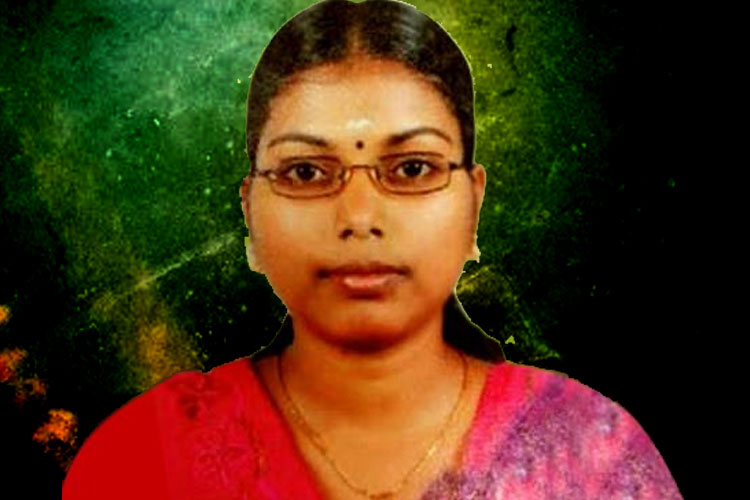
Remember the Dalit girl being dragged through the streets of Muktsar? And Pushpa and Murti, the Dalit teenaged girls in Badaun in 2014 whose rape and hanging was referred to by the shocked Western media as India’s Mango tree case? A case that was dismissed by CBI director Ranjit Sinha with this statement, “Our probe found that the two girls had committed suicide and weren’t murdered.”
The ‘probe’ also claimed that the girls had not been “sexually assaulted or raped” and cited the authority of the Centre for DNA Fingerprinting and Diagnostics (CDFD) in Hyderabad, to establish this ‘fact.’ And the North-Eastern girl who was picked up with stunning impunity in a Bangalore street recently and while being molested, was told, “you are a whore?” A few years ago, while writing a follow-up piece on the murder of a North-Eastern boy in a city hostel, I had asked my students from the North-East just what kind of challenges they face in a city that does not for most part feel like home. Most girls had said that cars slowed down if they were walking alone and it was common to be asked, “So what is your rate?”
Home owners, I learnt, did not rent out homes to “chinkis” as they ofcourse did drugs and invited boys home. And well, remember the Tanzanian girl who was stripped by a mob in Bangalore in February this year? Remember also the victims of the Nithari murders? And we have asked this question before…remember the name of even one of the children who were killed? Or the names of the Shopian victims in Kashmir?
What is the point of these disjointed beginning and questions? That in India, crimes are more brazen if the victims come without a blanket of financial and social privilege. And our responses to crimes are decided by just how close to the bone they are. Can you imagine the outrage if the Muktsar victim had been an upper caste girl and was dragged out of her office in the middle of the day and violated by a Dalit or a man of another caste or religion altogether? If the Badaun girls were daughters of a powerful village elder? If the Shopian girls were daughters of a government official posted in Kashmir? If what happened and continues to happen to North-Eastern girls in India routinely happened to Indian women in other countries where the locals may not have problems with “chinky” eyes but may not like the way we sweat and smell and dress and speak English or cook? Imagine also if an Indian girl was stripped by a Tanzanian boy in Bangalore after an altercation.
So yes, our reactions to a crime are very much determined by which rung of the power hegemony in society we are sitting pretty on.
What happened to Jisha, the law student in Kerala, whether we believe it or not, is neither unique nor unprecedented in India. Brutal rapes of women in conflict hit regions like the North-East, in Kashmir, in the many remote Indias that seem to have fallen off the map of our collective consciousness are everyday occurrences. And we don’t hear of them because we are not supposed to. And no, the Nirbhaya case did not hit the headlines and capture our media spaces and our horrified imagination only because she was like us.
Regardless of her caste, she was from a family that had known no privilege. She lived in a lower middle class area of the national capital and her father had to sell his only asset, a little piece of land to fund her dreams. What made news was not that she was raped but how she was raped. The entrails and the rod became a symbol of unspeakable courage and cowardice and the assertion of brute power over a woman who had dared to fight back. Like one of the rapists told Leslee Udwin, “If only she had not fought back…” And because the details of the rape were so widely shared, they reached also those who were titillated by the possibilities of inflicting the same kind of brute power on a woman. The same, “Let us teach her a lesson,” symbolism was repeated with Jisha. An Uber driver in Delhi raped a woman last year and threatened that he would do to her what was done to Nirbhaya.






Hi, Congratulations! Your blog post is featured in our Buzzing Blogosphere edition on May 9, 2016 at BlogAdda
Please find it here:
http://blog.blogadda.com/2016/05/09/justice-for-jisha-kerala-rape-women-india